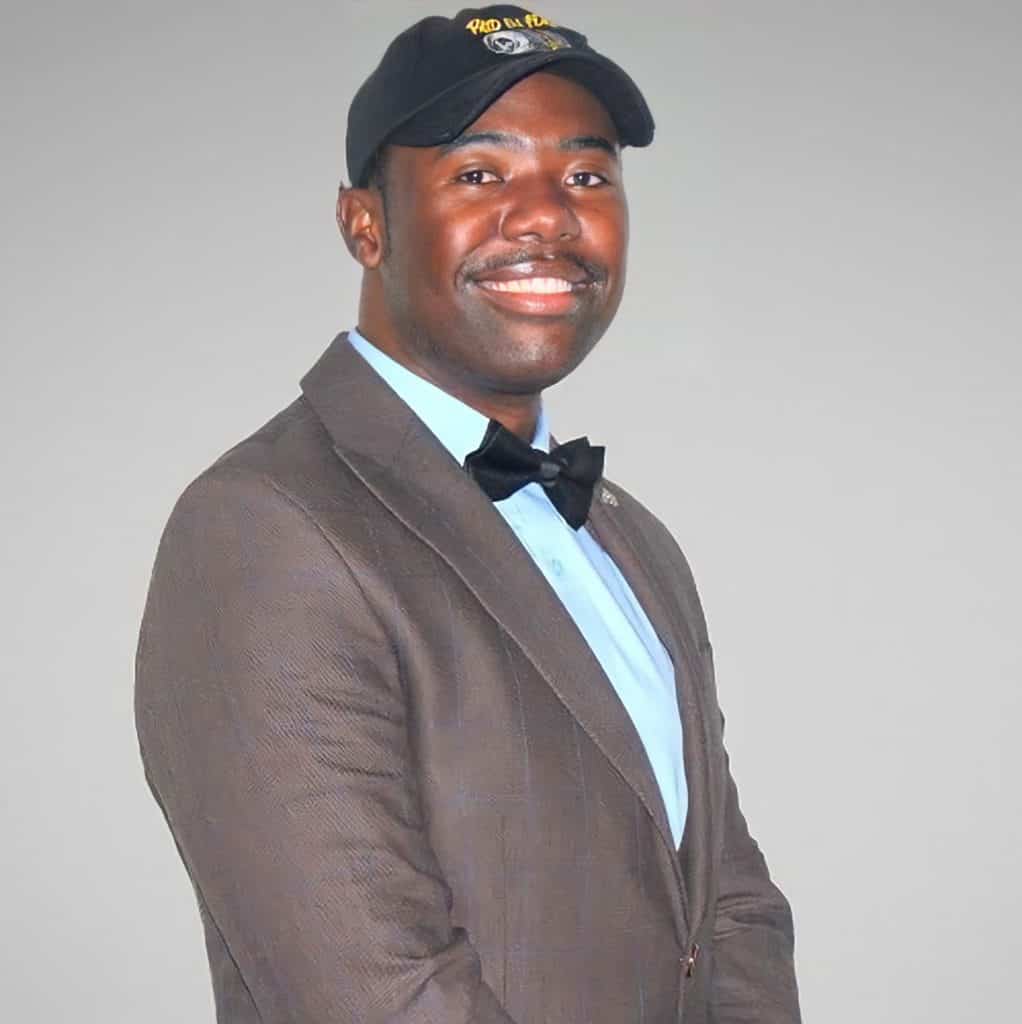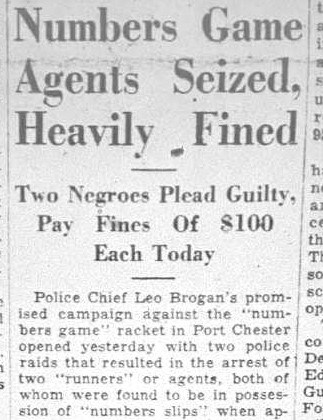

By: Dennis Richmond, Jr.
Thomas Sinclair Watkins, Sr., was born on March 16th, 1910, in Elkhorn, McDowell County, West Virginia. He lived in three drastically different cities as a child. Thomas lived in Lynchburg, Virginia, where his mother died in 1917 when he was just a young boy. During the Harlem Renaissance in the 1920s, Thomas lived with his aunt in Greenwich, Connecticut. After, he lived with his father, stepmother, and siblings in Pottstown, Pennsylvania.
In the early 1930s, Thomas wanted the fast pace of New York. He knew what it was like in New York because he was close to New York in Greenwich with his aunt Lola. Around April of 1931, Thomas made his move from Pottstown to Greenwich. His aunt worked as a waitress at a clubhouse. She married a carpenter named Harold Fisher. Thomas picked up work as a welder at a steel plant, but he started to hang out with the Black men, Negro at the time, who were involved in crime. By 1932, Thomas, 22, became a number runner.
In February of 1932, American mobster Dutch Schultz, born Arthur Flegenheimer, was on the top of his game. By 1933, Schultz was a name that everybody across the New York crime scene knew. The Dutchman traveled across the state of New York, and people knew it. A January 1933 article from the Mount Vernon Daily Argus mentions Shultz. The paper said a search through Westchester yesterday failed to disclose that he had come to Yonkers, Mount Vernon, Rye, or Port Chester, where at various times he had apartments in connection with his interests.
In March of 1933, the New York Age reported a “war between the Dutch Schultz forces and the Negro collectors and players.” 20 Negro Bankers decided to go on strike against the Schultz bank, beginning on February 27th. Unfortunately, the strike did not go too well for some of the Negro bankers. Raids took place on bankers, and collectors were threatened with death and beaten. All of this would happen after they were tipped off about the whereabouts and doings of what Negroes were doing because they would not work with the Schultz combination.
On February 28th, 1933, Thomas Watkins was arrested in a pool room in Port Chester. The arrest was a day after Negro bankers started the Schultz bank strike in Harlem. It is not a coincidence that the arrest was a day after the strike, and it is not a coincidence that the incident was a raid. After his arrest and spending a night a jail, someone put up $100 for Grandpa Thomas’s bail. He was connected.
My great grandfather went on to marry my great grandmother, Adele Matilda Merritt. During the 1940s, Grandpa Thomas served in the China Burma India Theater in World War II. Grandpa Thomas loved to take care of his garden and loved to gamble. Gambling is a hobby that I have too. If I could go back in time and talk to my great grandfather, I would. I would ask him so many questions





